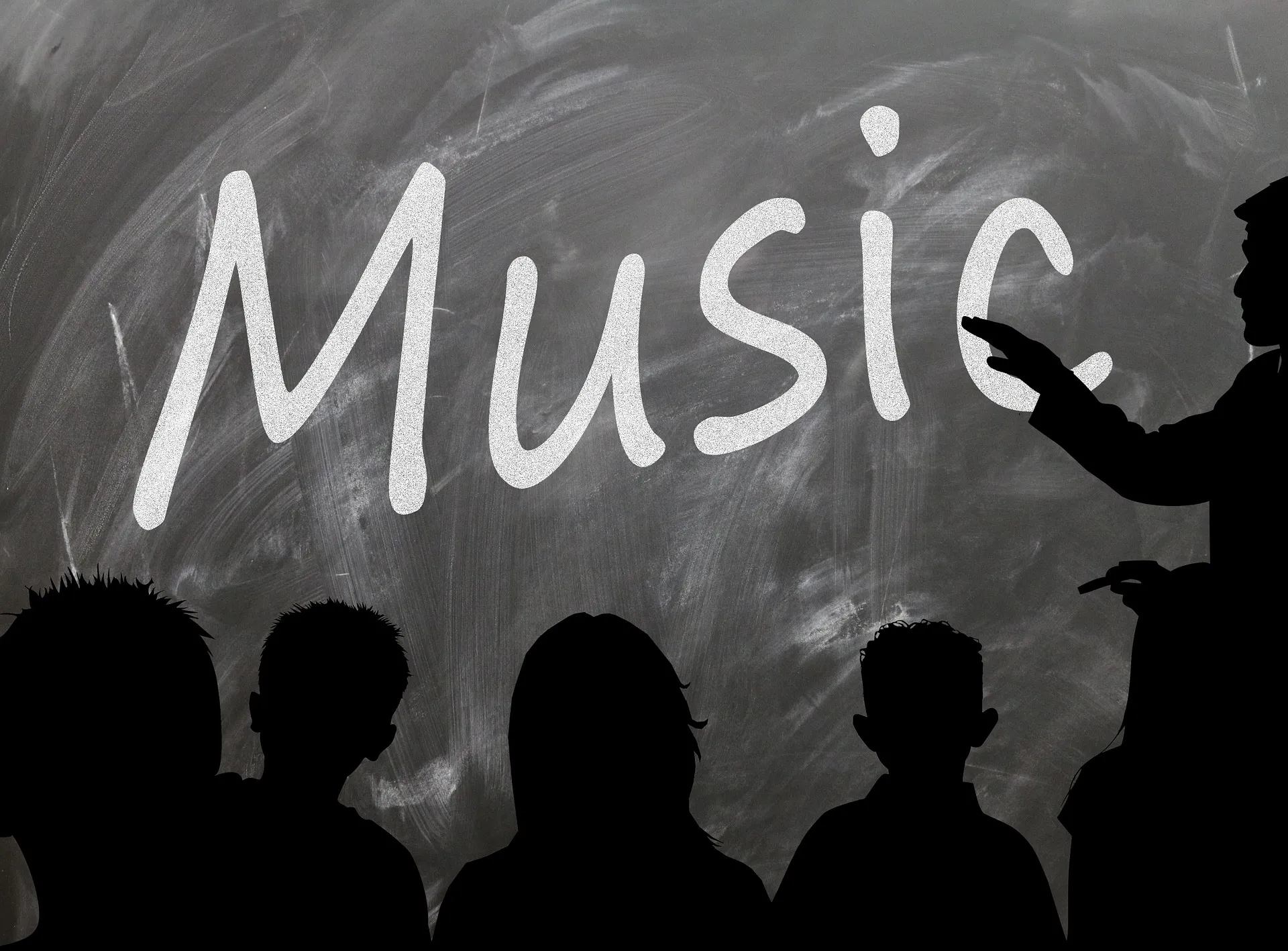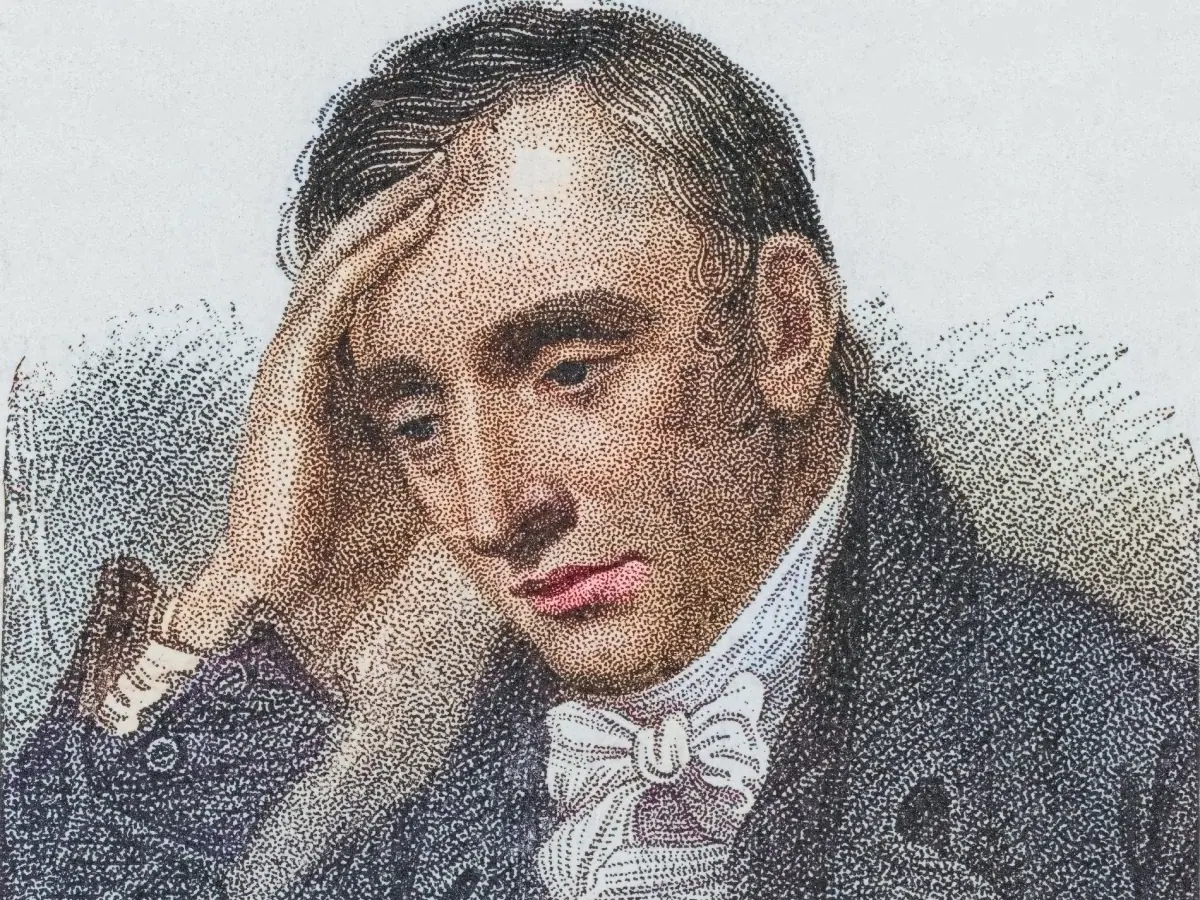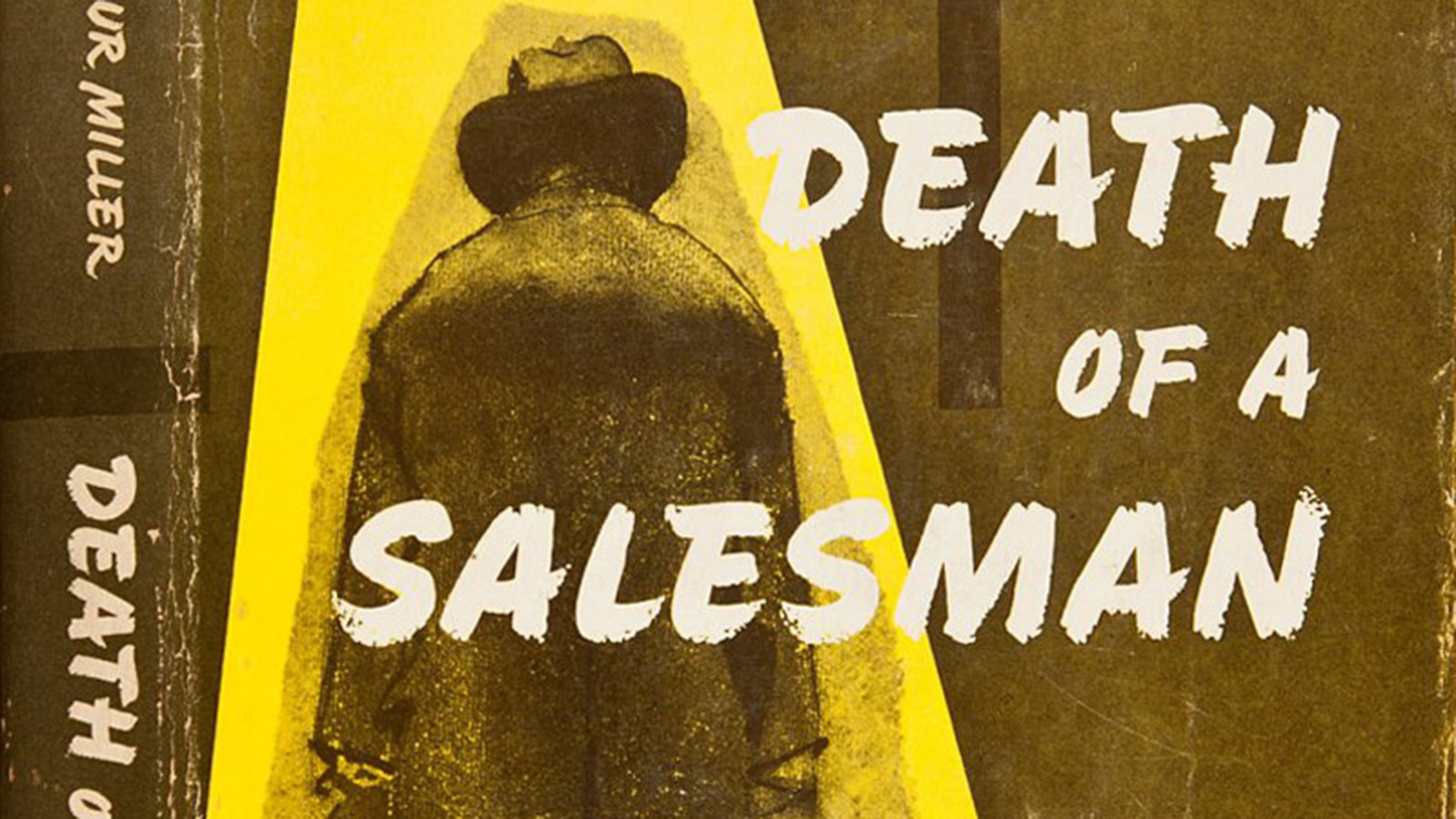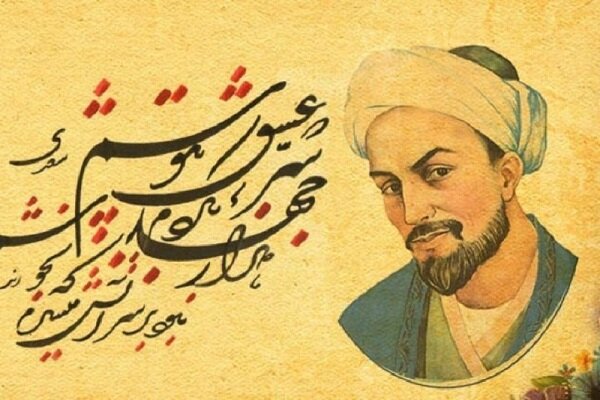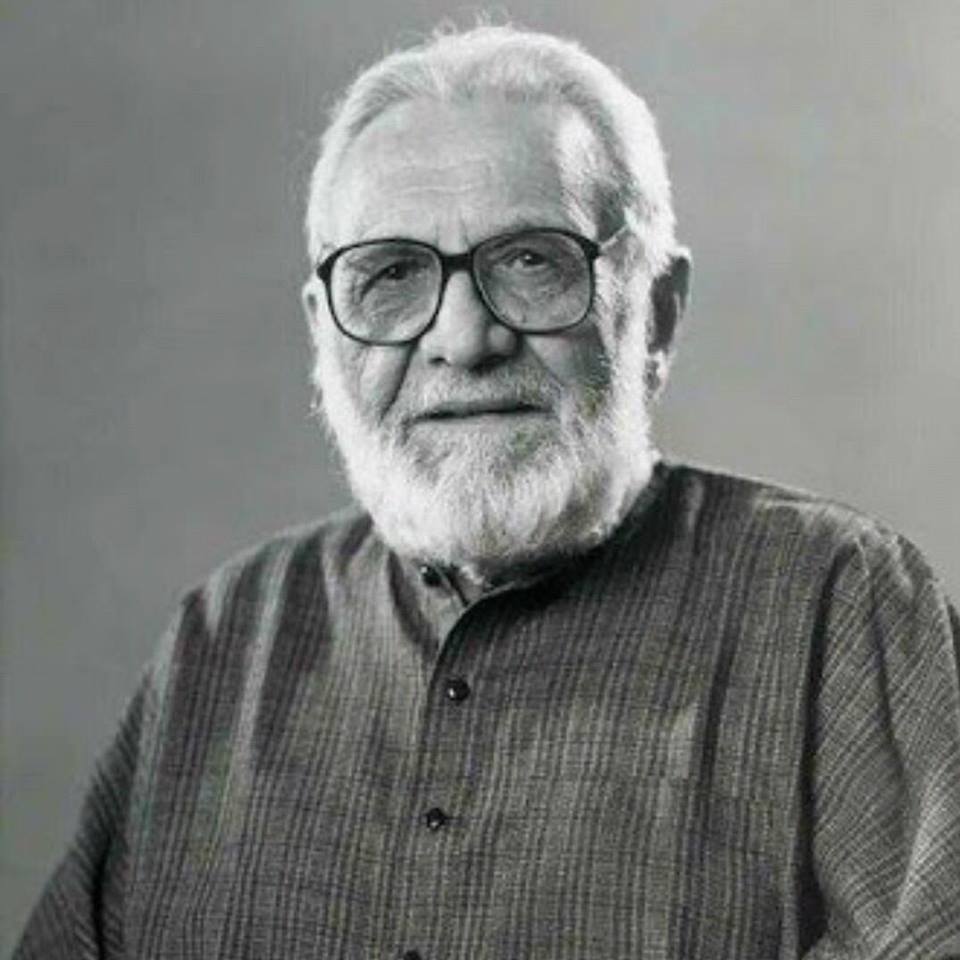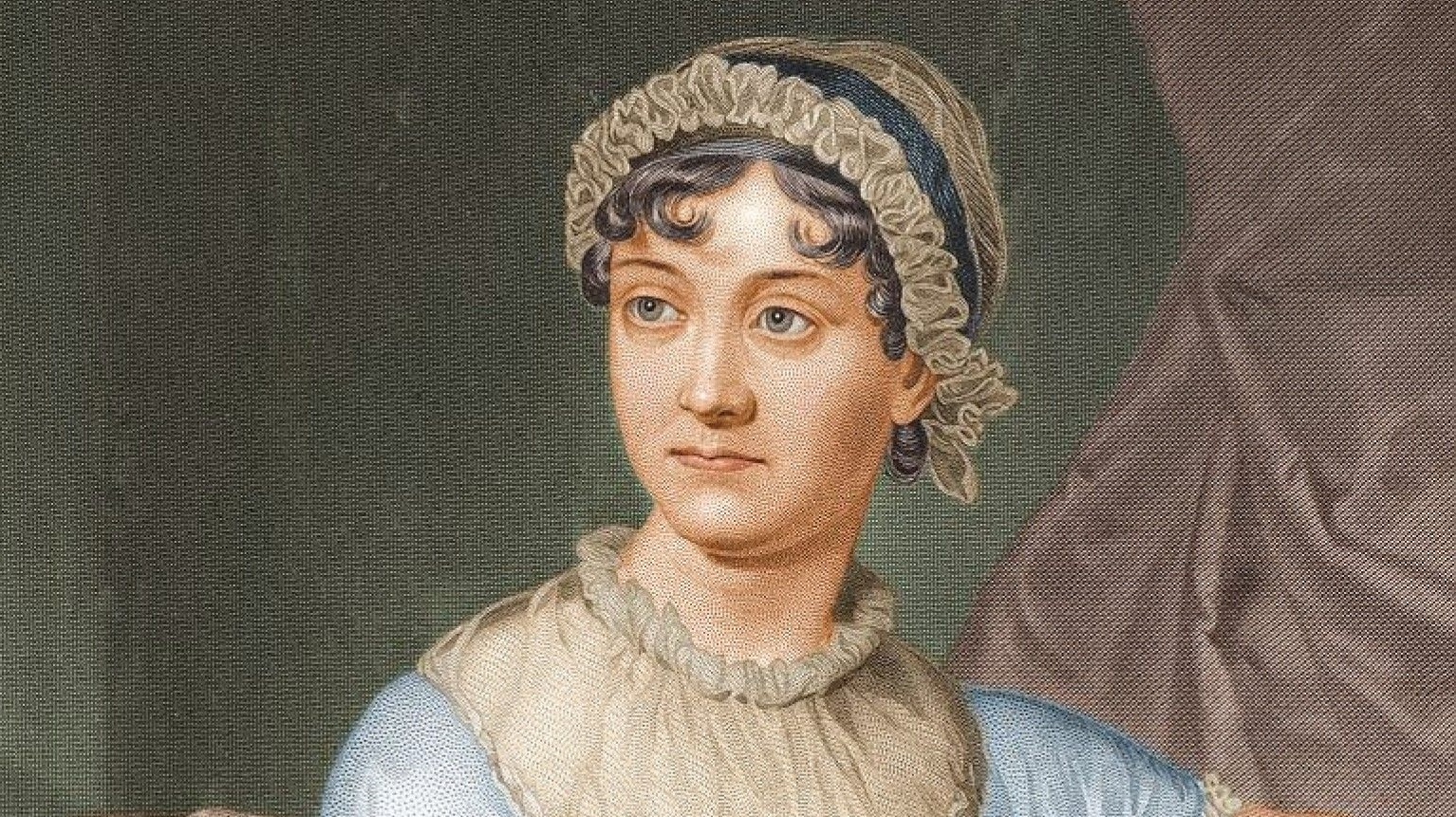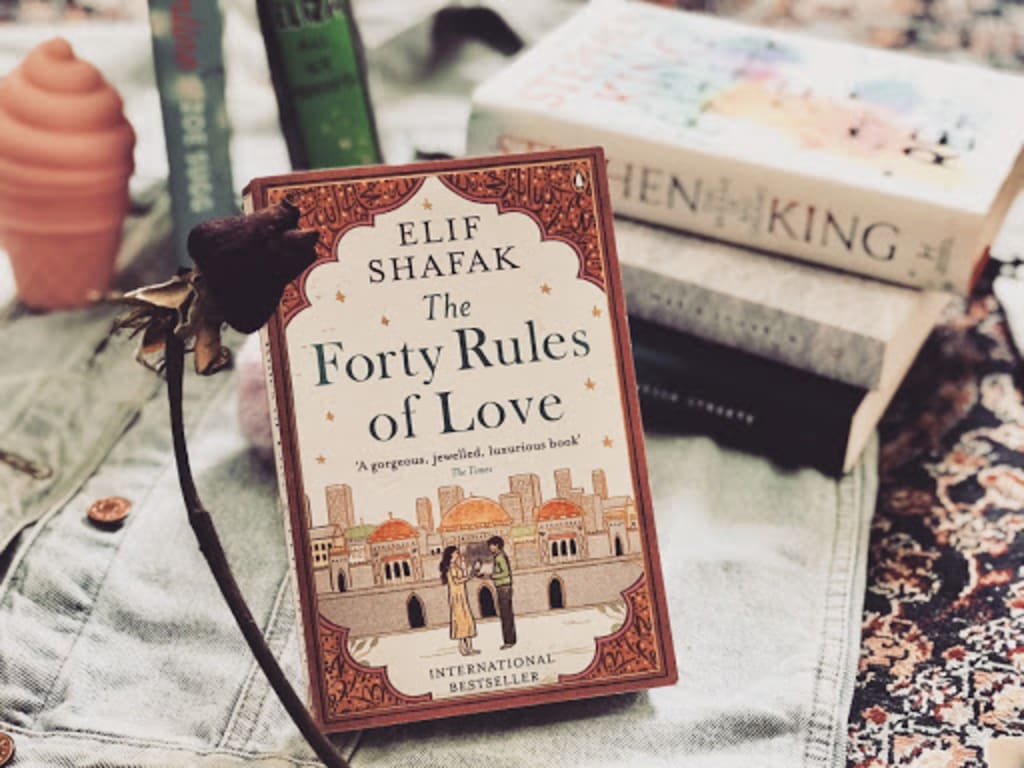Rehman Ali Agha
Art and music are fundamental aspects of human existence. These forms of expression are deeply intertwined with humanity, as our innate desire to create, regardless of scale or scope, is a testament to our connection with art. The impact of sound in our lives is inevitable, whether we are creating it or simply revelling in its beauty. Throughout history, music has held profound significance for individuals, whether through the joy of listening, evoking emotional responses, performing, or composing. This holds true for both classical and contemporary concert music, which carry immense value for society. However, a pervasive challenge within this realm is the lack of recognition and appreciation for these musical genres. As a dedicated musician and artist, it is my duty to share my passion and ensure that others can derive joy from this art form.
It is evident that classical and concert music are not ingrained in mainstream Pakistani culture. Several factors contribute to this, including lingering stigmas and the impact of governmental decisions over the past two decades, such as the diminishing emphasis on music education at the local level, resistance to increased funding, and reduced visibility of the arts at the national level. It is hoped that the current regimes can reverse these trends. Many individuals may still perceive classical music as exclusive to the affluent, older generations, and the highly educated. Some may feel hesitant about attending classical music events, believing that they need to conform to certain behavioural and dress codes. Moreover, the perceived pretentiousness and elitism associated with certain artists, amplified by various media and influential figures, further alienate musicians from mainstream society. While there may be elements of truth to these perceptions, they do not wholly capture the essence of classical music. The collective impression that concert music leaves on society often leads individuals to believe that it does not hold relevance or value in their lives. This is compounded by the past government’s lack of support for the arts and their promotion, whether through funding arts organizations or arts education. The current dispensation provides hope, and its commitment has been evident. However, it is crucial for Pakistani society to recognize that everyone can find meaning and enjoyment in classical and concert music.
One of the most common ways individuals engage with music is through listening or attending musical events. Listening to music at home, in the car, on a computer, or on mobile devices offers a deeply personal and fulfilling experience. Music has the power to set moods and create atmospheres in lounges, bars, parties, and various social gatherings. Attending a concert is a unique experience, providing the thrill of hearing live musicians while experiencing the music as it was meant to be heard, particularly in the case of acoustic performances. It offers a rare opportunity to sit with others, listen, and immerse oneself in the music without distractions.
Music has the ability to stimulate the mind, offering a wealth of elements to focus on and appreciate. From melodies and themes to harmonies, rhythms, and the overall sonic palette, attentive listening allows individuals to delve into a captivating world of sound. Concert music not only pleases the ears and stimulates the mind but also nurtures the soul, eliciting emotional responses and influencing moods. It encompasses a spectrum of emotions, offering an avenue to experience and express various feelings.
Engaging with music by playing it opens up new realms of experience, enhancing mental faculties, physical coordination, and self-expression. Amateur musicians who are passionate about music often participate in community ensembles, take lessons, perform with others, compose, and engage in a variety of musical activities while leading their regular lives. This involvement demands intense physical coordination, whether playing an instrument alone or with others, reading musical notation, and infusing nuanced changes into the music. Music education holds immense value at all levels, imparting critical skills and values that transcend the realm of music. It fosters self-discipline, expressive abilities, technical motor skills, problem-solving skills, and collaboration and ignites creativity and critical thinking.
In the broader context of Pakistani society, arts and music have often been viewed as non-essential disciplines, but this perception is gradually changing. The role of arts and music in our society fulfils a crucial need for enrichment and offers diverse experiences while enhancing skills that are applicable across various disciplines and professions. The arts have slowly permeated mainstream culture through television shows and media coverage, sparking growing interest and curiosity about this world. Artists and advocates of the arts must recognize this shift and continue to showcase the beauty of art and music to the public through contemporary means. The arts and music can serve as an alternative to mainstream entertainment, offering enriching experiences that benefit society at large. It is hoped that this trend will lead to a time when classical and concert music find their place in mainstream society, enriching the lives of more people.
Lastly, Coke Studio Pakistan is once again reminiscent of the nation’s great musical talent. Therefore, there is a need to protect and promote Pakistan’s rich musical heritage.



































